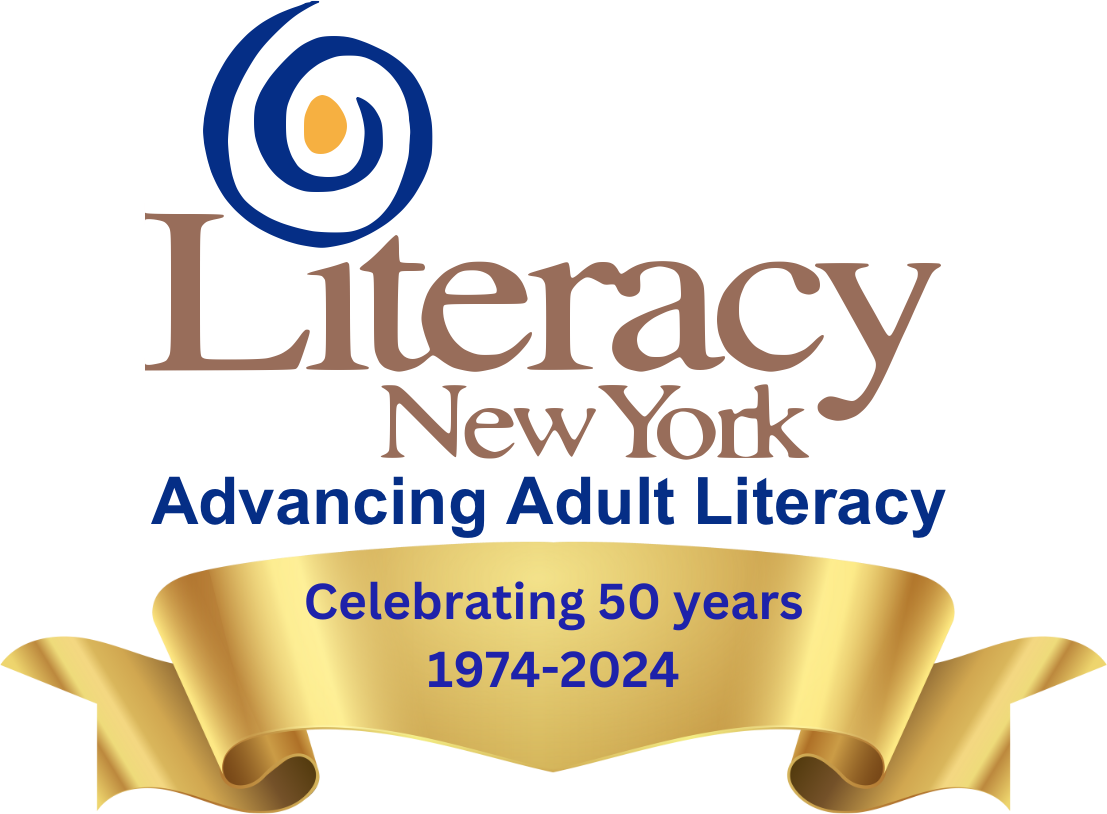Featured News - Current News - Archived News - News Categories
Literacy New York Celebrates National Adult Education and Family Literacy Week
by systemLiteracy New York encourages people throughout New York State to observe National Adult Education and Family Literacy Week, September 26th through October 1st. Despite the significant role of literacy in today's world, often little attention is paid to it.
As many as 36 million American adults struggle to read, write, perform daily math and use technology above a third grade level. This severely limits their access to jobs, college and citizenship and increases their vulnerability to living in poverty.
National Adult Education and Family Literacy Week raises public awareness about the need and impact of adult education and family literacy to leverage resources in order to expand access to basic education programs for adults with low literacy skills.
In order to communicate the enormous effects of literacy, Literacy New York shares the following facts on the National Impact of Literacy:
- People from low educated families are 10 times more likely to have low literacy skills.
- Better educated parents tend to produce better educated children.
- Literacy education in adulthood is an important contributor to child success in pre-school.
- People with low skills are 4 times more likely to have poor health (twice the national average).
- Low literacy adds an estimated $230 billion to the country's annual healthcare costs.
- Health Literacy programs can increase adults' understanding of medical problems & save medical costs.
- Globalization means US adults must compete globally; workplace literacy programs help them compete.
- Women with low literacy are twice as likely as men to earn less than $300 a week.
- Minimum wage workers increased wages by 18 to 25 % within 18 months of exiting an adult ed program.
From the Commission on Adult Basic Education (COABE) and ProLiteracy




